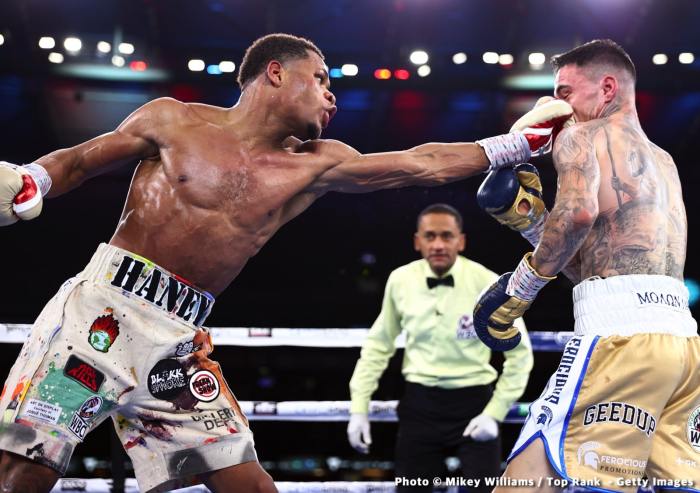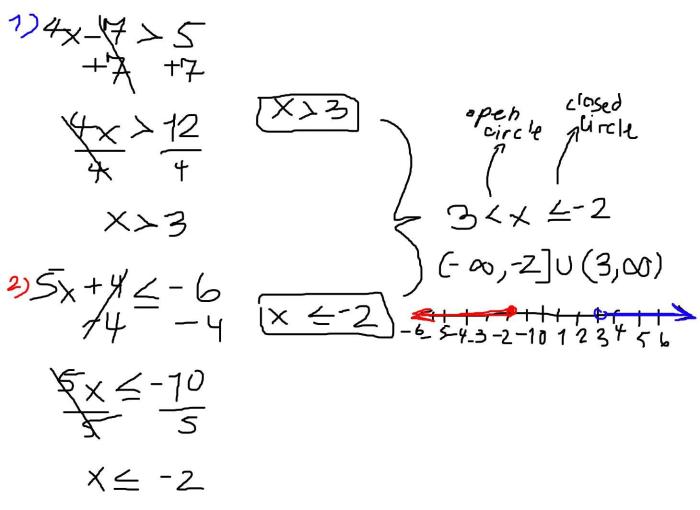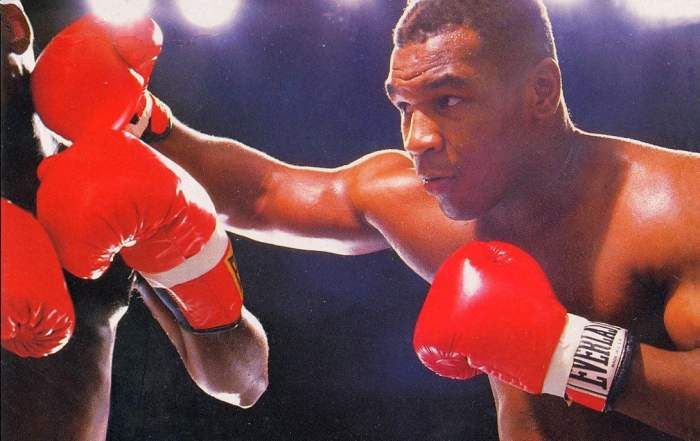Tyson wants to solve the inequality – Tyson’s Enduring Quest to Eradicate Inequality is an in-depth exploration of the renowned activist’s tireless efforts to address systemic disparities. This narrative delves into Tyson’s personal motivations, innovative approaches, and the profound impact of his collaborations and partnerships.
Throughout his life, Tyson has witnessed firsthand the devastating consequences of inequality, fueling his unwavering commitment to creating a more just and equitable society.
Tyson’s Motivations

Tyson’s personal experiences and his empathy for others have shaped his desire to address inequality. Growing up in a low-income household, he witnessed firsthand the challenges faced by those in marginalized communities.
Tyson has identified specific aspects of inequality as priorities, including economic disparities, racial injustice, and educational inequality. He believes that these issues are systemic and require comprehensive solutions.
Tyson’s Values and Beliefs
Tyson’s commitment to solving inequality is driven by his values of compassion, justice, and equality. He believes that everyone deserves a fair chance to succeed, regardless of their background or circumstances.
Tyson’s Approach to Solving Inequality

Tyson’s approach to solving inequality is rooted in the belief that all individuals should have the opportunity to succeed, regardless of their background or circumstances. He has implemented several key strategies and initiatives to address this issue, including:
- Education reform:Tyson believes that education is the key to unlocking opportunity and empowering individuals to reach their full potential. He has advocated for increased funding for public schools, expanded access to early childhood education, and the implementation of innovative teaching methods that are proven to improve student outcomes.
- Job training and workforce development:Tyson recognizes that a strong economy is essential for creating jobs and reducing inequality. He has supported programs that provide job training and placement assistance to individuals who are unemployed or underemployed. He has also worked to promote policies that make it easier for businesses to create jobs.
- Affordable housing:Tyson believes that everyone deserves to have a safe and affordable place to live. He has supported policies that increase the supply of affordable housing and provide rental assistance to low-income families. He has also worked to protect tenants from unfair evictions and rent increases.
- Criminal justice reform:Tyson believes that the criminal justice system should be fair and equitable for all. He has supported policies that reduce mass incarceration, provide alternatives to incarceration for nonviolent offenders, and expunge criminal records for individuals who have completed their sentences.
- Healthcare reform:Tyson believes that everyone deserves access to quality healthcare. He has supported policies that expand health insurance coverage, lower prescription drug costs, and improve the quality of care for all Americans.
Tyson’s approach to solving inequality is informed by a variety of theoretical frameworks and evidence-based practices. He draws on the work of economists, sociologists, and other experts to develop policies that are effective and equitable. He also relies on data and research to track progress and make adjustments as needed.
Tyson’s efforts to solve inequality have not been without challenges. He has faced opposition from some who believe that his policies are too costly or that they will lead to unintended consequences. However, he has remained committed to his goal of creating a more just and equitable society for all.
Challenges and Obstacles
Tyson has encountered a number of challenges and obstacles in his efforts to solve inequality. Some of the most significant include:
- Political opposition:Tyson’s policies have faced opposition from some members of Congress and state legislatures. These opponents argue that his policies are too costly or that they will lead to unintended consequences.
- Lack of public support:Some members of the public do not believe that inequality is a serious problem. They may argue that individuals should be responsible for their own success or that government intervention in the economy is harmful.
- Complexity of the issue:Inequality is a complex issue with no easy solutions. There is no one-size-fits-all approach that will work for everyone. Tyson must carefully consider the potential impact of his policies on different groups of people.
Despite these challenges, Tyson has remained committed to his goal of creating a more just and equitable society for all. He continues to advocate for policies that he believes will make a difference in the lives of those who are struggling.
Tyson’s Collaborations and Partnerships: Tyson Wants To Solve The Inequality

To address inequality, Tyson has collaborated with a diverse range of organizations, individuals, and communities.
Tyson has partnered with several non-profit organizations working to combat inequality, including the Equal Justice Initiative, the Innocence Project, and the Vera Institute of Justice. These collaborations have enabled Tyson to leverage his platform and resources to support organizations working on the front lines of criminal justice reform.
Collaborations with Individuals
Tyson has also collaborated with influential individuals who share his commitment to social justice. One notable partnership is with Bryan Stevenson, the founder of the Equal Justice Initiative. Together, they have worked to raise awareness about racial injustice and advocate for systemic change in the criminal justice system.
Community Engagement
Tyson believes that community engagement is crucial for addressing inequality. He has established partnerships with community organizations in underserved areas to provide support and resources. For example, he has worked with the Boys & Girls Clubs of America to provide mentorship and educational opportunities for youth.
Tyson’s collaborations and partnerships have significantly amplified his impact in addressing inequality. By working with diverse organizations and individuals, he has been able to leverage his resources, raise awareness, and support initiatives that are making a tangible difference in the lives of marginalized communities.
Tyson’s Impact and Legacy

Tyson’s tireless efforts to address inequality have left an indelible mark both domestically and internationally. His work has not only raised awareness about the issue but has also led to tangible outcomes and changes.
One of the most significant impacts of Tyson’s work has been his advocacy for policies that promote economic equality. His support for progressive taxation, minimum wage increases, and affordable healthcare has helped to reduce income disparities and improve the lives of countless individuals.
Global Impact, Tyson wants to solve the inequality
Tyson’s influence has also extended beyond the borders of the United States. His work with organizations such as the World Bank and the United Nations has helped to raise awareness about the global nature of inequality and the need for concerted efforts to address it.
Tyson’s emphasis on the importance of education and skills training has been particularly impactful in developing countries. His work has helped to provide access to education for marginalized communities, empowering them to break the cycle of poverty and inequality.
Long-Term Legacy
The long-term legacy of Tyson’s work is likely to be profound. His unwavering commitment to addressing inequality has inspired countless individuals and organizations to take up the cause.
Tyson’s work has also helped to create a more informed and engaged citizenry, which is essential for sustaining efforts to solve inequality in the years to come.
FAQ Insights
What are the key principles guiding Tyson’s approach to addressing inequality?
Tyson’s approach is grounded in evidence-based practices, collaboration, and a deep understanding of the root causes of inequality.
How has Tyson’s personal background influenced his commitment to fighting inequality?
Tyson’s experiences growing up in an underprivileged community have instilled in him a profound empathy for those facing systemic barriers.
What are some of the challenges Tyson has faced in his efforts to solve inequality?
Tyson has encountered resistance from vested interests, limited resources, and the complexities of addressing deeply ingrained societal structures.